As a serious hunter, you must know that your success in the woods begins days or even months, before the opening day.
Sure.
There are lots of mental, physical, and gear preparations to add into the equation if you really want to bring that game meat home.
Failure to do so may not only ruin your hunt but may also put your life in hard situations.
As the hunting season draws near, a common question that most first-time hunters ask is, ‘’Any tips for a hunter going out into the woods next week?’’ Now, that’s what I have for you here today.
More...
#1. Understand the Regulations
While hunting may be regarded as any other hobby or skill, several regulations and laws govern it.
It’s in your best interest to understand these regulations in regard to your State.
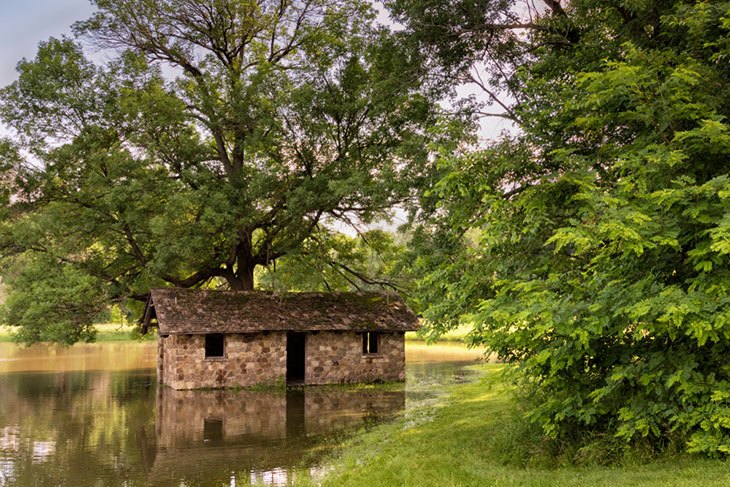
The purposes of these regulations are pretty straightforward and include your safety and that of bystanders, managing the number of wild animals and protected species, and capping the transmission of animal-borne diseases among others.
Worth pointing out is that these regulations may change from year to year.
So keep yourself posted with these changes to prevent being caught on the wrong side.
#2. Find Out Whether You Need a License or Not
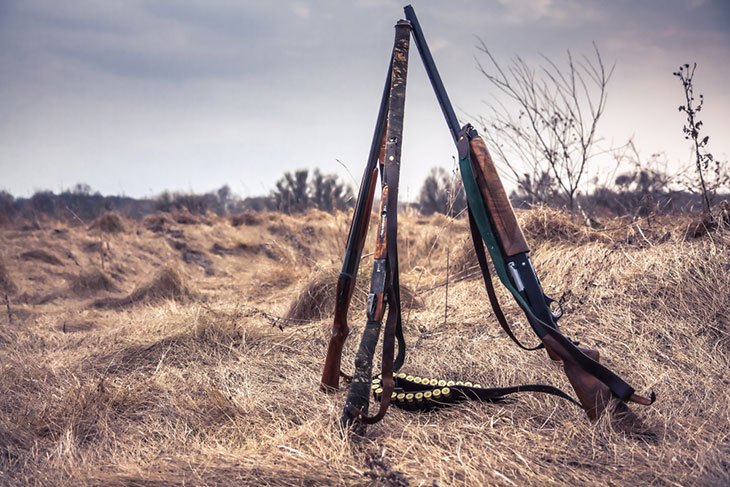
Speaking of hunting regulations and laws, you might also be required to obtain a permit beforehand. This varies in different countries and states though.
In Australia, for instance, hunters require a license for their rifles but don’t need a hunting license. In the USA, you need to obtain a license for both.
The paperwork required to obtain a hunting license in the USA differs from one State to another.
States also offer these services at different times.
As an example, in New York, you only get one chance to get a hunting license.
So, know when the relevant authorities in your country offer these permits to ensure that you get the paperwork done in time.
#3. Take a Hunter Safety Course
Safety! Safety! Safety! Needless to mention, no game meat is tasty enough to put your life on the line for.
Each year, there are numerous reports of hunters who disappear only to be found either maimed, or dead, at worse.
What’s so saddening is the fact that some of these cases can be avoided simply by taking a hunting course, not only because it’s law, but to ensure that you get back to your family after the end of the hunt.
For those of us who live in Colorado, Connecticut, Florida, and Georgia among other States in the US, I find Hunter ED a great course programmed with your safety in mind.
#4. It Pays to Scout Before the Season
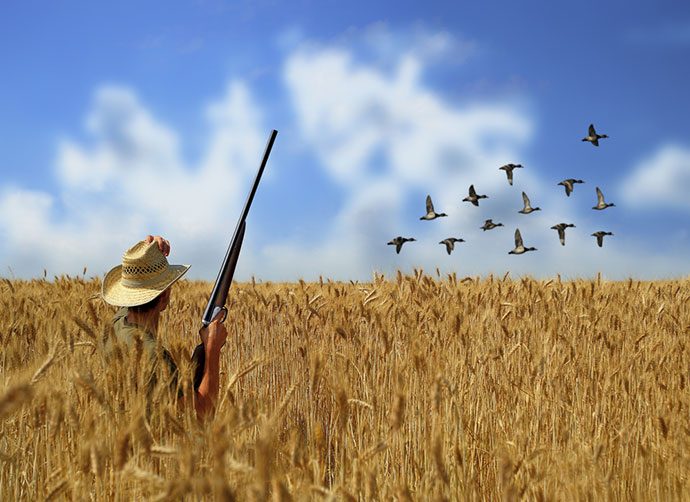
Besides the hunter education course, it’s also paramount to acquaint yourself with the relief of the hunting grounds.
Things change, and so do weather.
Even if you’ve hunted on your target grounds for years, you might want to familiarize yourself with any changes that might have occurred in the recent past.
This is, however, more critical if you’ll be hunting in places that you are not so familiar with.
It’s also vital to spend some time with the relevant map and also have it as a backup in your luggage.
#5. Triple-check Your Hunting Gear
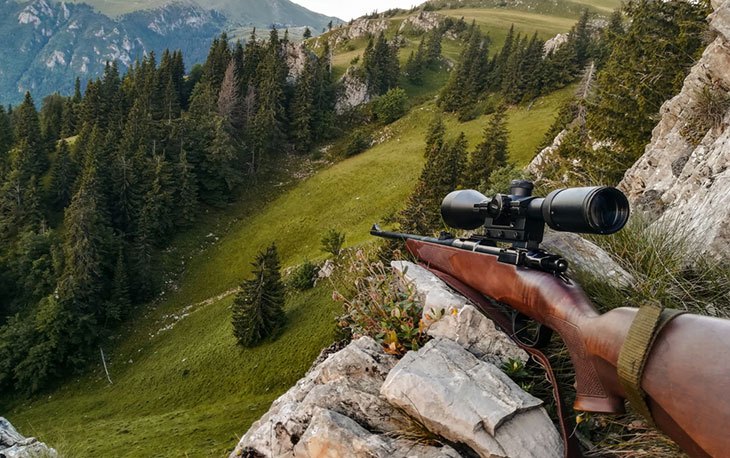
Before heading to the woods, ensure that you have your gear ready. It’s quite hard to emphasize this point enough.
If you have ever reached for a pair of binoculars that wasn’t there or realized that you didn’t carry your hunting bullets or arrows, then you can tell how important it is to triple-check everything that goes inside your hunting bag.
Here, I would advise you to make a checklist of everything that you require and tick against the items as you pack them nicely in your bag.
This will, of course, be determined by the type of game that you are after and the time.
For nighttime hunting, you’ll probably require a pair of night vision binoculars.
#6. Be Optimistic, but Prepare for the Worst
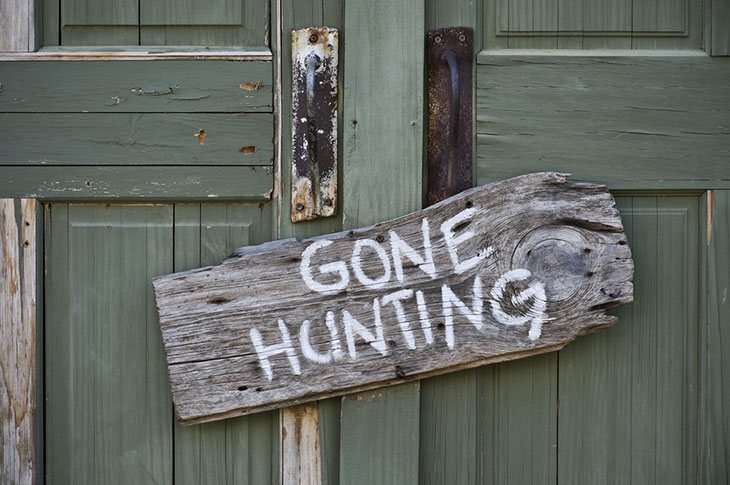
While packing your gear, don’t forget to pack a survival kit.
We are all optimistic about coming back from the woods not only with a catch but in good health.
However, it’s also important to prepare for the worst and be able to survive for long even in the worst conditions.
The wilderness can be ruthless, especially if you are lost, and there’s no food or water in sight.
As such, it’s advisable to pack some edible items that can last a few days and a bottle of water.
Note that you can use this container to collect water from the rain and from certain plants in case you don’t find a puddle of water easily.
Speaking of puddle waters, it’s important to bring along a lighter.
You’ll need to boil water that you suspect to be polluted first, before drinking it.
Again, with the lighter, you can always make a fire to keep you warm when it gets cold and at night to scare away ill-intentioned animals.
By the same breath, I don’t expect you to pack as someone who is planning to get lost.
Instead of packing a bundle of ten loaves of bread, research the edibles in your wilderness.
#7. Tell Someone That You’ll Be in the Woods
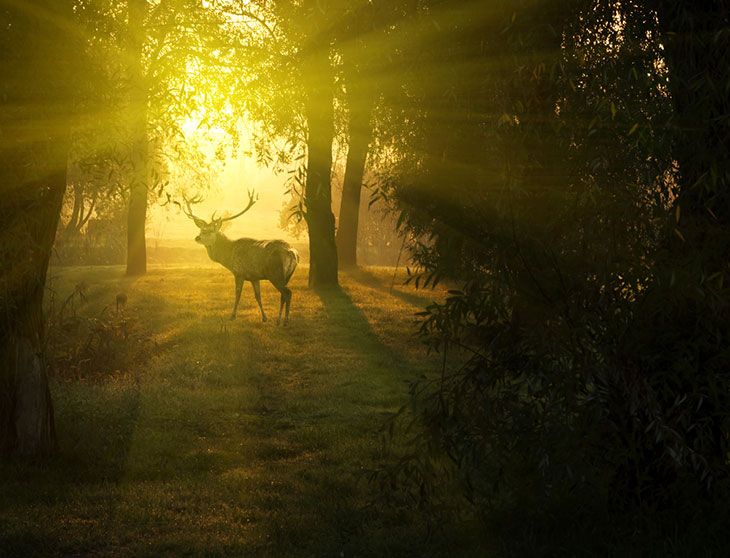
It also pays to tell someone that you’ll be out in the woods and when you plan to be back.
It is a a good idea to leave a copy of the map with them too.
This makes it easy to conduct a search and rescue mission if things get worse and you’re not back in time.
#8. Have Realistic Expectations
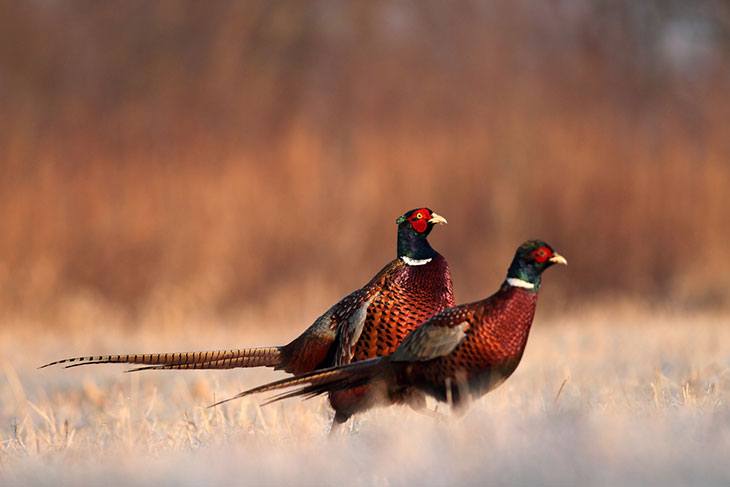
Having the best thermal imaging for hunting in your sophisticated gear doesn’t always guarantee success in your expeditions.
How well productive or less productive your target hunting grounds are have a great bearing on your success.
All in all, be cool and have a good definition of success.
You don’t always have to bring a 500-pound animal home to deem your hunting successful.
A day spent in the wood, even without a catch, obviously teaches you some tricks that will come in handy come next season.
This may also be a good time to learn the trails and the possible hideouts for your game which will have a significant contribution to next season’s success.
Happy Hunting!
